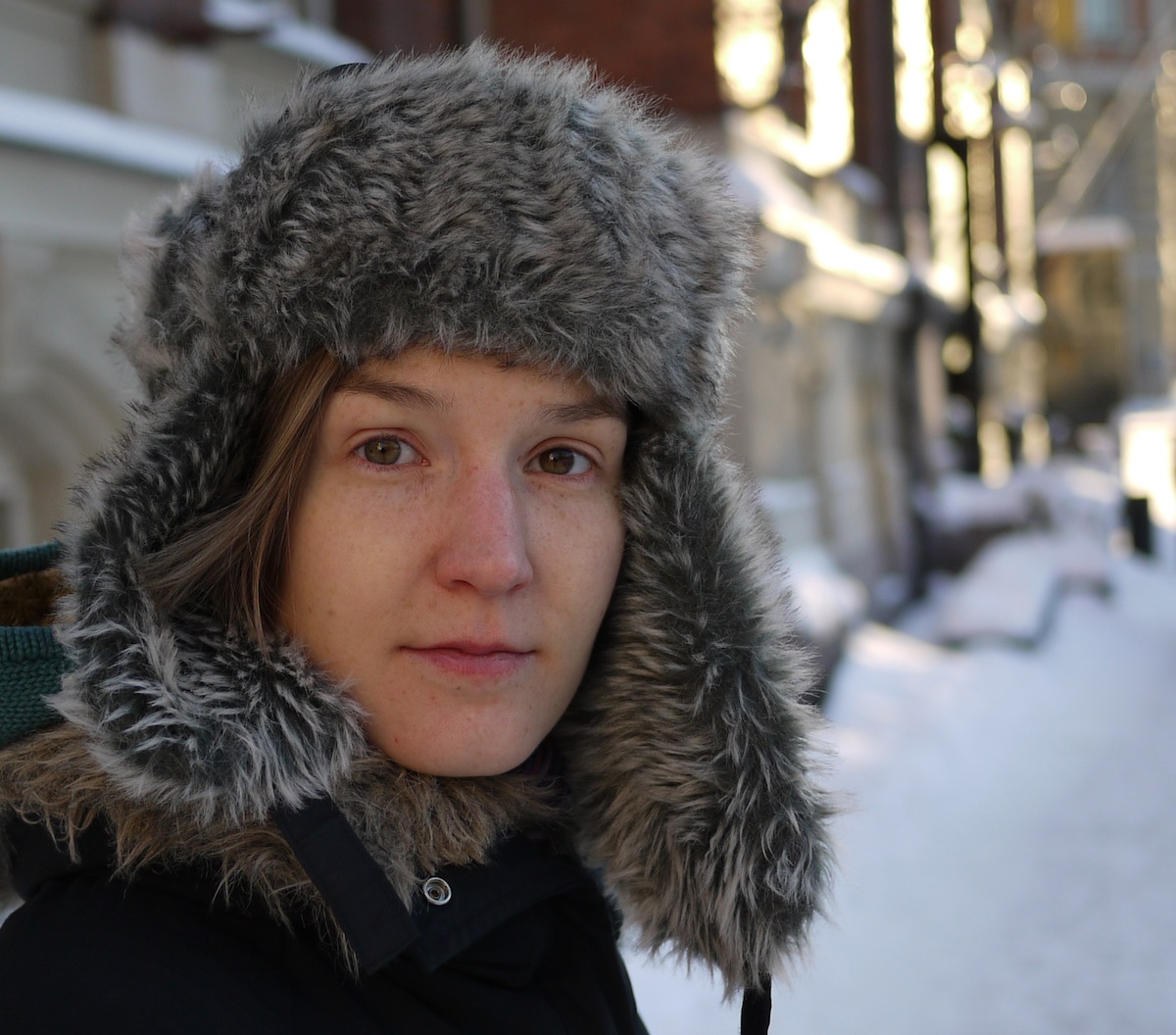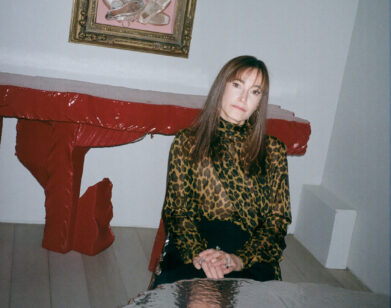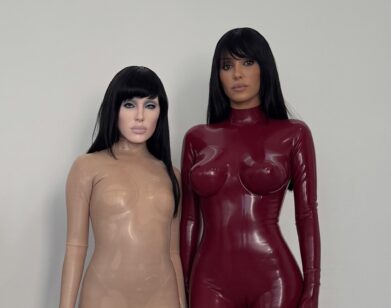Pilvi Takala’s Generous Allowances

ABOVE: PILVI TAKALA. PHOTO COURTESY OF THE ARTIST AND CARLOS/ISHIKAWA
Finnish artist Pilvi Takala is this year’s Frieze Foundation Emdash Award winner, meaning her project will be showcased at Frieze London this weekend. Takala investigates how social behavior effects society; for the Emdash Award project, she established a committee of children to decide how to spend its proceeds (£7,000, after R&D costs) through a series of workshops, with the goal of engaging people to think about decision-making methods.
Takala, who resides and works in Istanbul, first spent time in the city as part of the 2005 Istanbul Biennial. The majority of her studies were spent in Finland, where Takala grew up and attended the Academy of Fine Arts, Helskini and Glasgow School of Art. Her solo shows include “Slight Chance” at Bonniers Konsthall in Stockholm and “Random Numbers” at Carlos/Ishikawa in London; she’s been included in group shows in Paris, New York, and Stuttgart. We caught up with the creative mom-to-be to discuss her project, inspirations, expectations, and working with kids.
LORELEI MARFIL: Tell us about your project.
PILVI TAKALA: The starting point of the project was to give the opportunity to devise and realize the Emdash Award in 2013 to a group of children, giving the production budget and decision-making over to them. So the first thing to do was to establish a committee of children: they are regulars of the East Side Youth Center in Bow; the 11 participants are eight to 12 years old. I thought a youth club would be a good context to create a committee, because it’s a place where the kids go on their free time voluntarily. To start with I introduced myself and a bit of my practice and explained them that I’ve won the Emdash award and as my project I want them to decide how to spend the award money and that there was no restrictions in how they’d spend it. I offered them some tools in brainstorming and decision-making.
MARFIL: What was the inspiration behind it?
TAKALA: I wanted to question the organizing logic for the Award itself. The committee process touches on many of the issues I’ve worked with before, like behavior, unwritten rules, and how we negotiate shared rules between us. Although the setup seems quite different from my previous work, it’s still about creating an unusual situation that is still a real one and observing how people negotiate and deal with that situation.
MARFIL: Are there any interesting anecdotes or stories that came from creating it?
TAKALA: Some kids seemed to have endless ability to come up with and get carried away by new ideas and to expand and get excited about other kids’ ideas; some would stick to their first or second proposal through the whole time. Some brought fewer ideas on the table, but were good at questioning and comparing others’ ideas. One of the children said they wanted to take a trip to Jamaica, while one of the kids suggested they would build a house for their mum, another even suggested that the project should help kids “discover what art is.” Another kid suggested they could make action figures of themselves.
MARFIL: What do you hope people will take away from it?
TAKALA: I hope that it prompts people to think about decision-making processes. My starting point for the project was to see if it was possible to establish a collective decision-making process with the potential for children to operate as equals, with a common ground and language.
PILVI TAKALA’S EMDASH AWARD PROJECT WILL DEBUT AT FRIEZE LONDON THIS WEEKEND. FOR MORE INFORMATION, VISIT FRIEZE’S WEBSITE.






